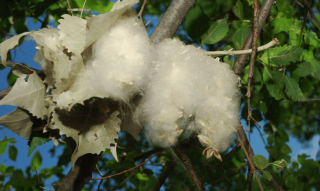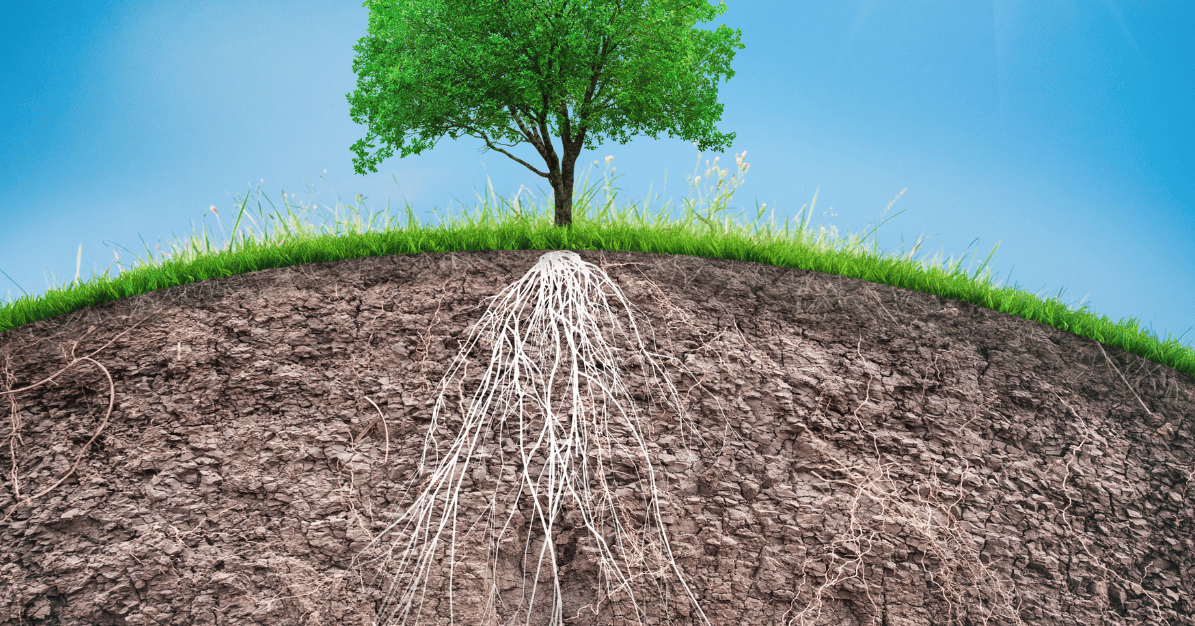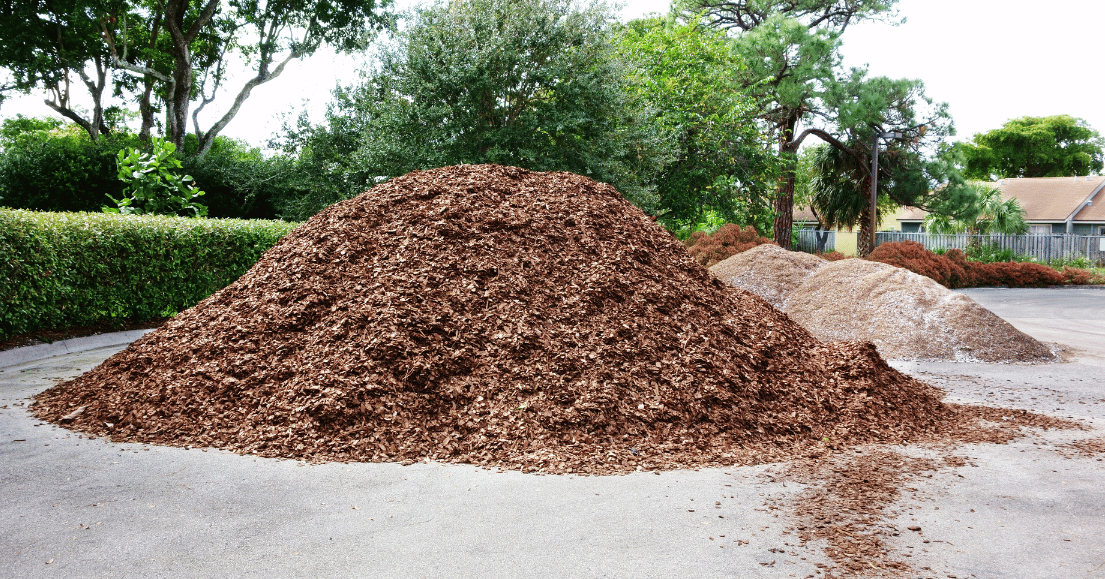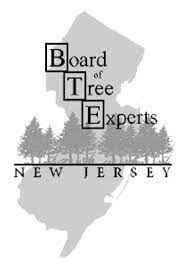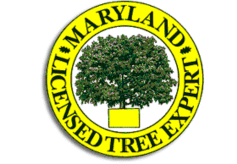Eastern Cottonwood, scientifically known as Populus deltoides, is a tree species known for its rapid growth and towering stature.
As spring turns into early summer, these giants release their most distinctive feature: cottonwood seeds. The seeds are encased in tiny capsules that burst open to reveal the seeds enveloped in a fluffy, cotton-like material. This white, airy fluff allows them to drift effortlessly through the air, spreading far and wide from the parent tree. Each seed is minute, with the cotton-like strands significantly aiding their dispersal by wind.
When Do Cottonwood Trees Release Their Seeds?
The timing of seed release in cottonwood trees is highly anticipated by those familiar with their life cycle. Typically, cottonwood trees begin to release their seeds as the weather warms in late spring and early summer. This period can vary slightly depending on the geographical location and the specific weather conditions of the year, but it generally occurs from late May through June.
During this time, areas surrounding cottonwood trees can appear as if blanketed in snow due to the abundance of fluffy seeds in the air.
How Long Do Cottonwood Seeds Last?
Once released, cottonwood seeds are designed for quick germination. Under ideal conditions—moist soil and warm temperatures—the seeds can germinate within just a few days after landing. However, if they fail to find suitable germination conditions quickly, the seeds do not remain viable for long.
Typically, cottonwood seeds lose their ability to germinate if they have not done so within a few weeks of release. Their brief viability period underscores the importance of their rapid dispersal and germination strategy in the wild.
Is There a Way to Control Cottonwood Seeds?
Managing the dispersal and germination of cottonwood seeds is a common concern. One effective method to control these seeds is an ethephon-based herbicide, which acts as a growth inhibitor. This type of treatment, often referred to as a "fruit eliminator," prevents the formation of seeds by affecting the tree's natural growth processes. It is essential to apply these herbicides annually before the seeds develop, usually in early spring. As these herbicides can affect the tree's overall health if not used correctly, it's advisable to consult with professional arborists, like those at Strobert Tree Services, to ensure proper application and dosage.
Clean-Up Techniques
During the peak seed season, regular cleanup is essential to manage the accumulation of cottonwood seeds. Using leaf blowers to clear seeds from lawns, patios, and driveways can be effective. Additionally, ensuring that gutters and drains are seeds-free will prevent clogging and potential water damage. Strobert Tree Services offers comprehensive clean-up services, including removing seeds from hard-to-reach areas such as roofs and gutters.
Chemical Solutions
In some cases, chemical treatments might be necessary to control seed production. Growth regulators can be applied to cottonwood trees to reduce the number of seeds they produce significantly. Certified professionals must handle these treatments to ensure they are used safely and effectively. At Strobert Tree Services, we provide these services, ensuring compliance with environmental standards and minimizing the impact on the surrounding ecosystem.
Community Management Strategies
For more significant properties or communities, coordinated management strategies may be necessary. This can include community-wide pruning schedules or group clean-up events. Engaging a professional service like Strobert Tree Services for community-level management ensures that the approach is consistent and effective, reducing the overall seed burden in the area.
Contact Strobert Tree Services for Expert Care
In regions like Delaware, Pennsylvania, and New Jersey, where cottonwood trees are a common sight, managing these majestic yet messy trees can be a challenge. At Strobert Tree Services, we are equipped to handle all your tree-related needs, from pruning to general maintenance, ensuring your landscape remains beautiful and safe.
Cottonwood trees, especially during the seeding season, can create additional cleanup demands due to the sheer volume of seeds released. Regular pruning not only helps manage this but also promotes the health of the tree, allowing for better sunlight penetration and air circulation.
Furthermore, proper tree care can minimize potential damages during storms or harsh weather, which is crucial for safety in residential areas.
Whether you're looking to maintain the natural beauty of your property or need professional advice on tree care, Strobert Tree Services is here to help. Our team of certified arborists has the expertise and equipment to ensure your trees are in optimal health. We provide top-notch tree care services in Delaware, Pennsylvania, and New Jersey, prioritizing customer satisfaction and tree health.
Don't let the hassle of seasonal cottonwood seeds overwhelm you.
Contact Strobert Tree Services today for a consultation or to schedule a service. We're committed to providing expert tree care tailored to your needs and ensuring your landscape remains a source of pride and joy. Our knowledge and skills in handling diverse tree species, including the prolific Eastern Cottonwood, make us the preferred choice for tree care in the tri-state area.
For more information or to request a service, reach out to us. We're here to assist you with all your tree care requirements, making your arboreal concerns a thing of the past. Enjoy the beauty of your natural surroundings with peace of mind, knowing that Strobert Tree Services is just a call away.


